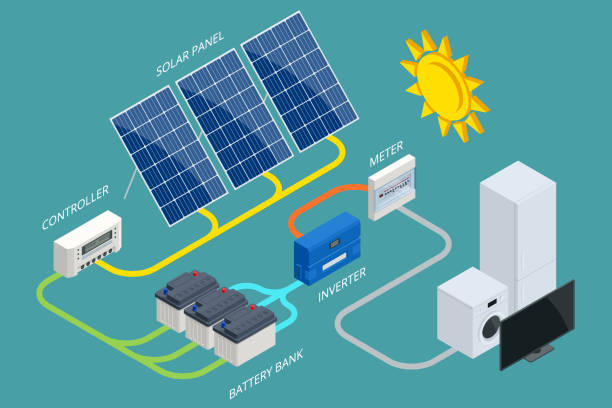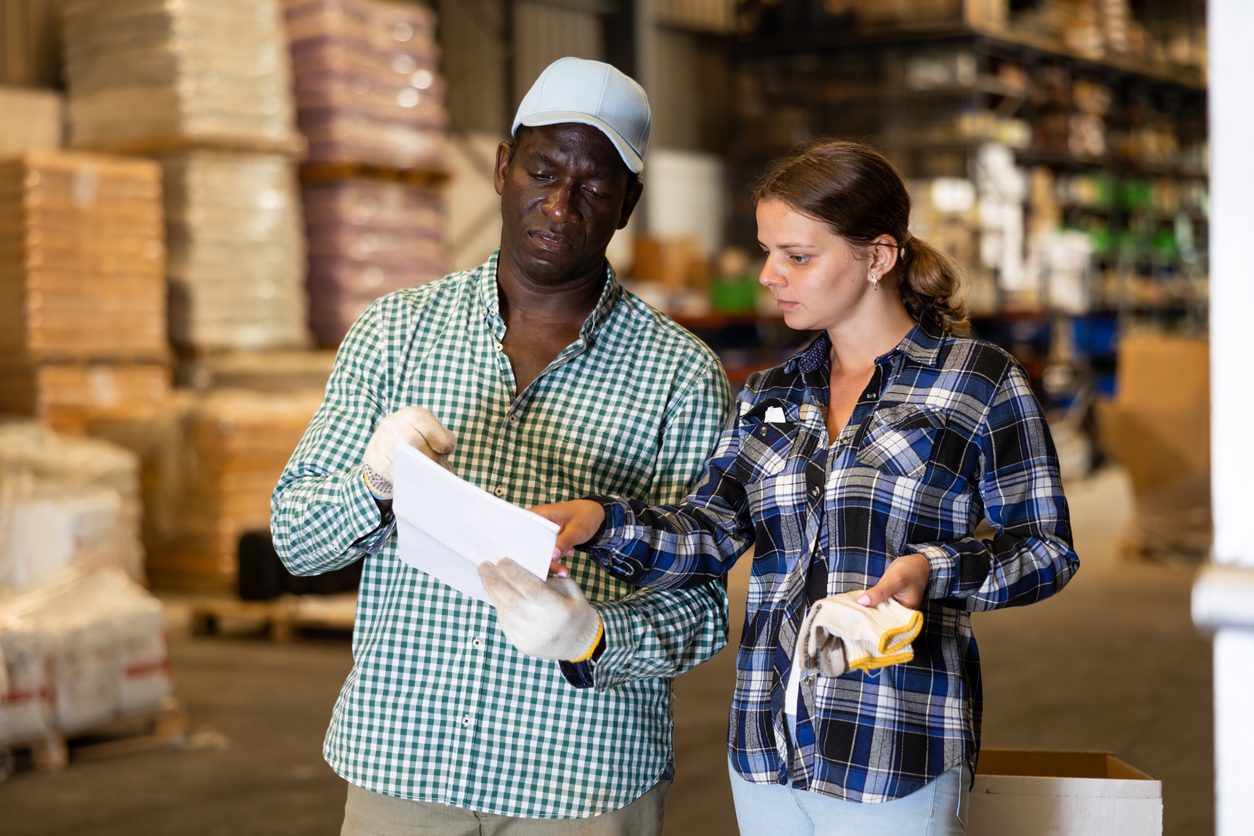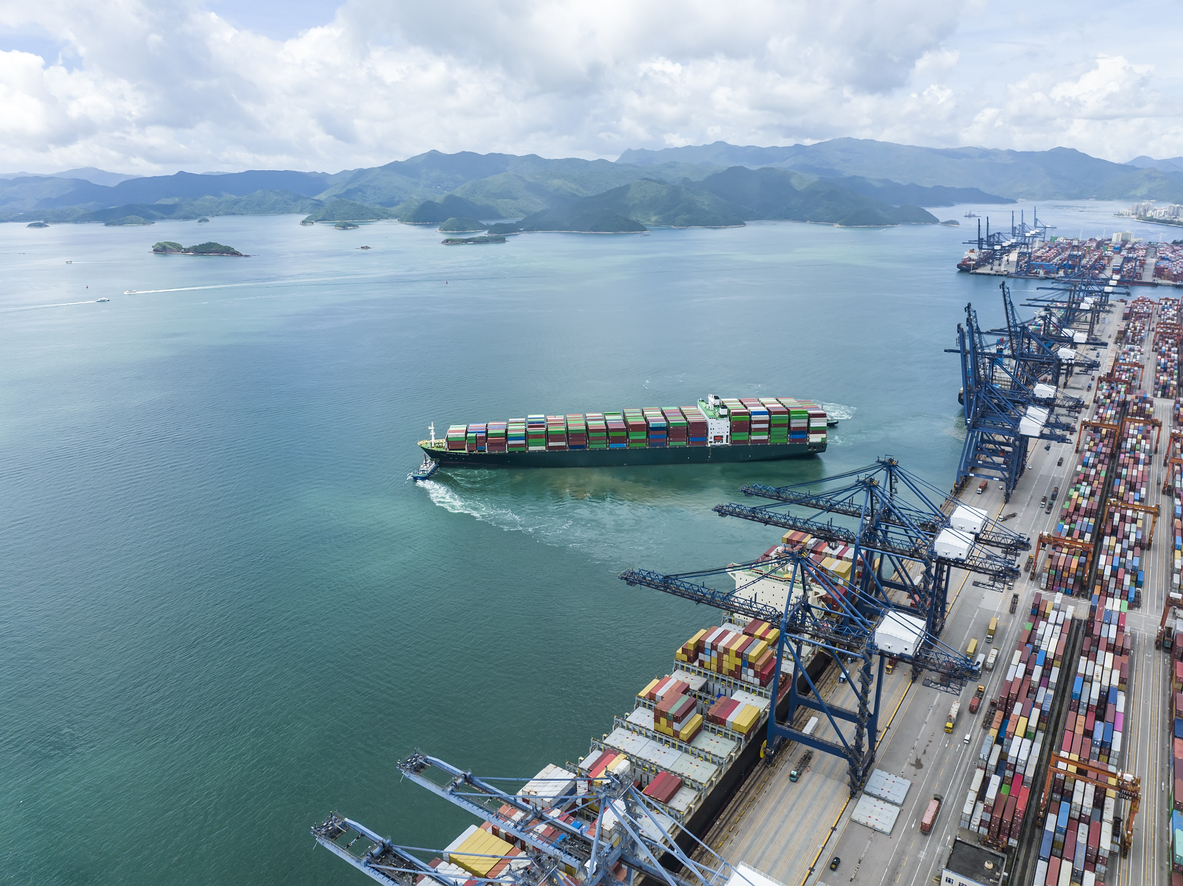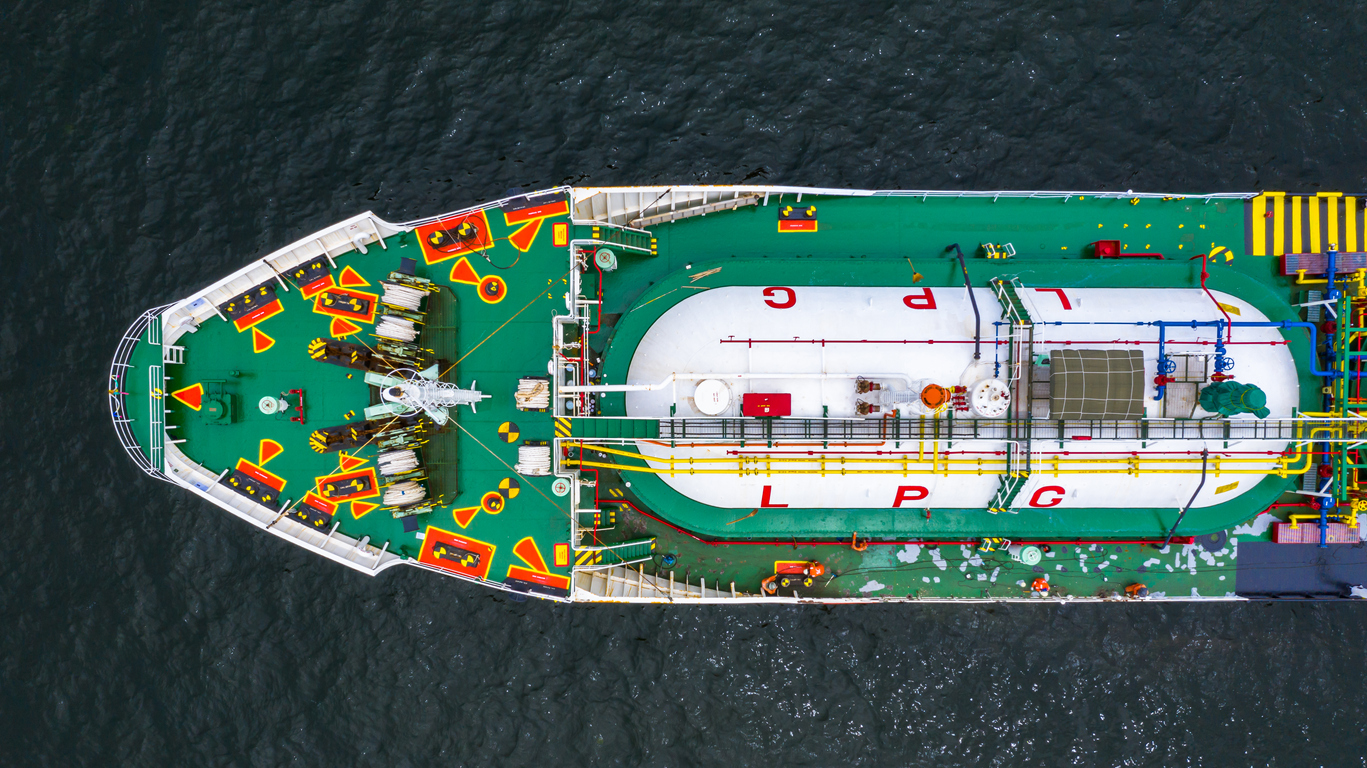The Basics of Exporting Float Glass from Nigeria
The Basics of Exporting Float Glass from Nigeria
Float Glass is a type of glass that is tempered, annealed, and polished. It’s used in windows, doors, and other architectural features. It’s also used in vehicles for windshields. Float Glass can be made from either clear or colored glass.
If you need to know how to export float glass from Nigeria, then this article will help. Here are some tips on how to export float glass from Nigeria with the least amount of hassle possible.
How to export float glass from Nigeria
The first step is to make sure your float glass is manufactured in Nigeria. Float glass made in Nigeria can be exported to the U.S. without any import duties. To make sure your float glass is made in Nigeria, make sure your company’s name is engraved on the float glass at the factory.
The next step is to find your nearest freight forwarder to help you with the process of exporting float glass from Nigeria. You can find local freight forwarders online or through your local Chamber of Commerce office.
The final step is to export the float glass from the factory to the freight forwarder’s location. The freight forwarder will then take responsibility for the float glass and will export it to the U.S.
What are the benefits of exporting float glass?
Exporting Float Glass has many benefits. For example, exporting Float Glass can help you earn income. You’ll also need to know about the import/export process in order to successfully export Float Glass.
One of the benefits to exporting Float Glass is that you can use it to earn income. If you need the money, then exporting float glass is a good option for you.
It’s also important to know about the import/export process in order to successfully export float glass. The import/export process involves shipping goods in and out of countries. To do so, you’ll need to know about tariff systems, packing, and labelling, among other things. You’ll also need to keep up with regulations on what you can and cannot ship into a certain country. And you’ll need to be aware of any import restrictions for your goods as well as any export restrictions for the country you are exporting to.
Read more>>>
What are the costs of exporting float glass?
When considering how to export float glass from Nigeria, it’s important to be aware of the costs.
The costs of exporting float glass from Nigeria can be tricky to calculate. You have to take into account the importer’s costs, the shipping costs, and any taxes or tariffs.
For example, if the importer is adding a 30 percent markup to the cost of the float glass, you have to make sure you factor that in when calculating the cost of your product.
There are also some hidden costs that you might not consider when attempting to figure out how to export float glass from Nigeria. When importing an item, there are some import duties that are imposed on that item. There are also customs clearance fees.
You might also need export permits or certificates that prove that your product is up to standard for export. These items may be needed in addition to the standard paperwork for importing an item.
The last thing you want when exporting float glass from Nigeria is an unnecessary hang up during customs clearance. To avoid this, make sure you follow Nigerian customs regulations when exporting your product.
Who should you contact for exporting float glass?
The Nigerian Customs Service is the designated regulatory agency for Customs and Excise Management. The Nigerian Customs Service is the only agency that is authorized to issue export licenses for export consignments of any goods.
Some of the items you will need to obtain prior to exporting float glass from Nigeria include:
– Export License
– Import License
– Special Trade License
– List of Imported Goods
– Bill of Entry
– Export Declaration
– Certificate of Origin
– Clearance Certificate
– Commercial Invoice
– Packing List
Introduction to importing and exporting in Nigeria
Nigeria is the third largest producer of glass in Africa. It produces about three million tons of glass annually. Nigeria also exports about 2 million tons of glass every year.
The Nigerian government has made it mandatory for factories to be licensed before they can start exporting.
The first step to exporting float glass from Nigeria is to get your factory registered with the Nigerian Export Promotion Council.
Then, you need to get your factory registered with the National Agency for Food and Drug Administration and Control (NAFDAC) before you can start exporting.
Lastly, you need to get your factory registered with the Nigerian Customs Service before you can start exporting. You can export by air, sea, or road.
Nigerian Customs Service
Nigeria Customs Service is the agency in charge of the customs process in Nigeria. It is part of the Nigerian federal government.
Nigerian Customs Service has its headquarters in Lagos. It has a few branches across the country, including Kaduna, Kano, and Port Harcourt. In Lagos, Nigerian Customs Service headquarters has a warehouse that stocks imported goods.
In Nigeria, Nigerian Customs Service employees work from 8:00 a.m. to 5:00 p.m., Monday through Friday. They also work on Saturdays. The facility is open from 9:00 a.m. to 4:00 p.m., Monday through Friday and closed on Saturdays and Sundays.
If you need to export float glass from Nigeria, then you will need to meet with Nigerian Customs Service for further processing. You can do this by either visiting their headquarters or one of their branches near you or by meeting with them at the Lagos airport before your departure from Nigeria. This will ensure that your shipment will be exported as smoothly as possible and without any issues delaying your shipment’s release from Nigeria’s borders.>>END>>
Closing thoughts
The Bottom Line
Outsourcing is a great option for businesses that need help with their SEO, but it’s not always the best option. If you want to grow your business, you need to invest in digital marketing, whether it be SEO or any other form of digital marketing. Digital marketing is important because it helps you grow your business by reaching your target audience.








LEAVE A COMMENT
You must be logged in to post a comment.